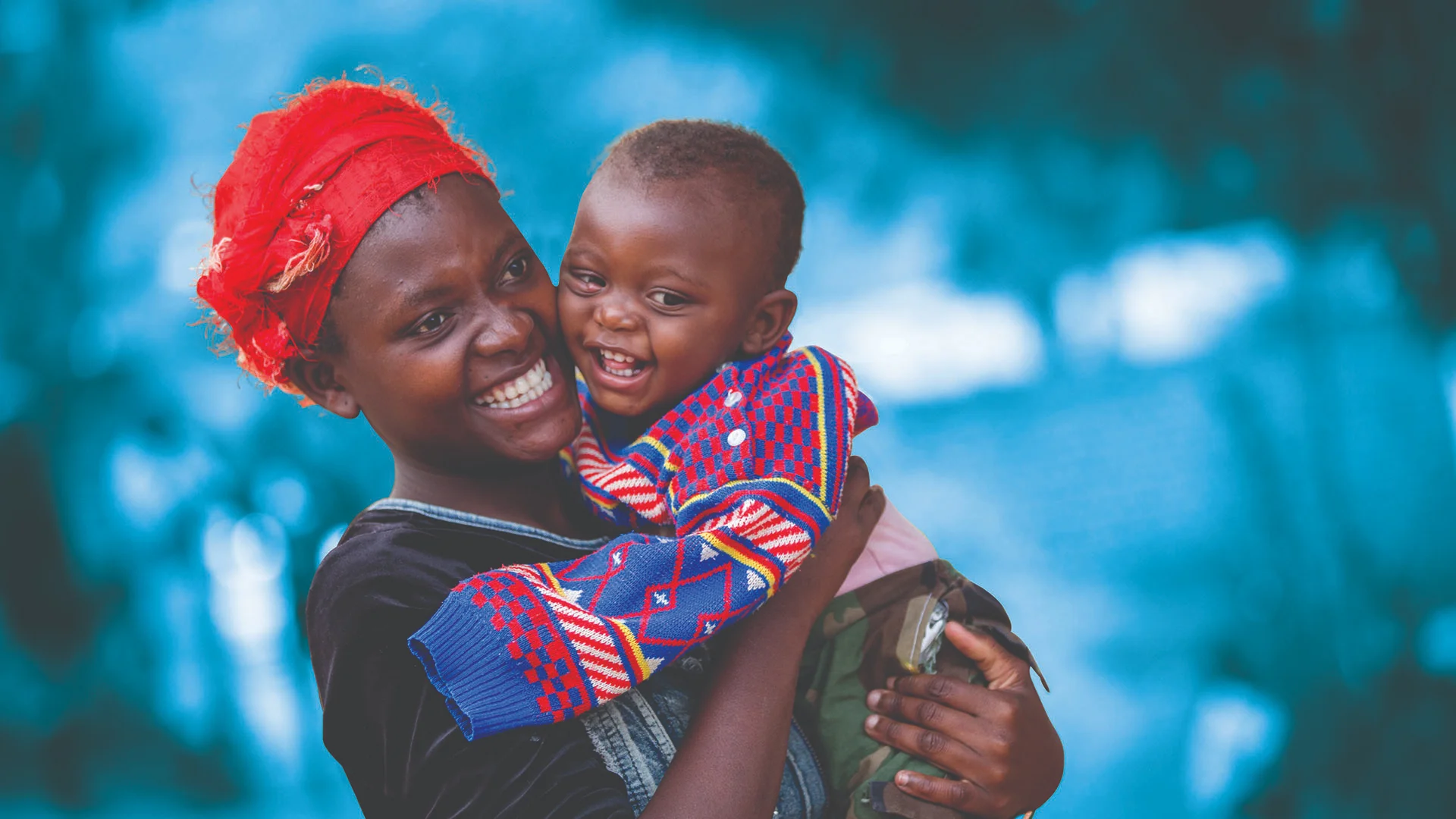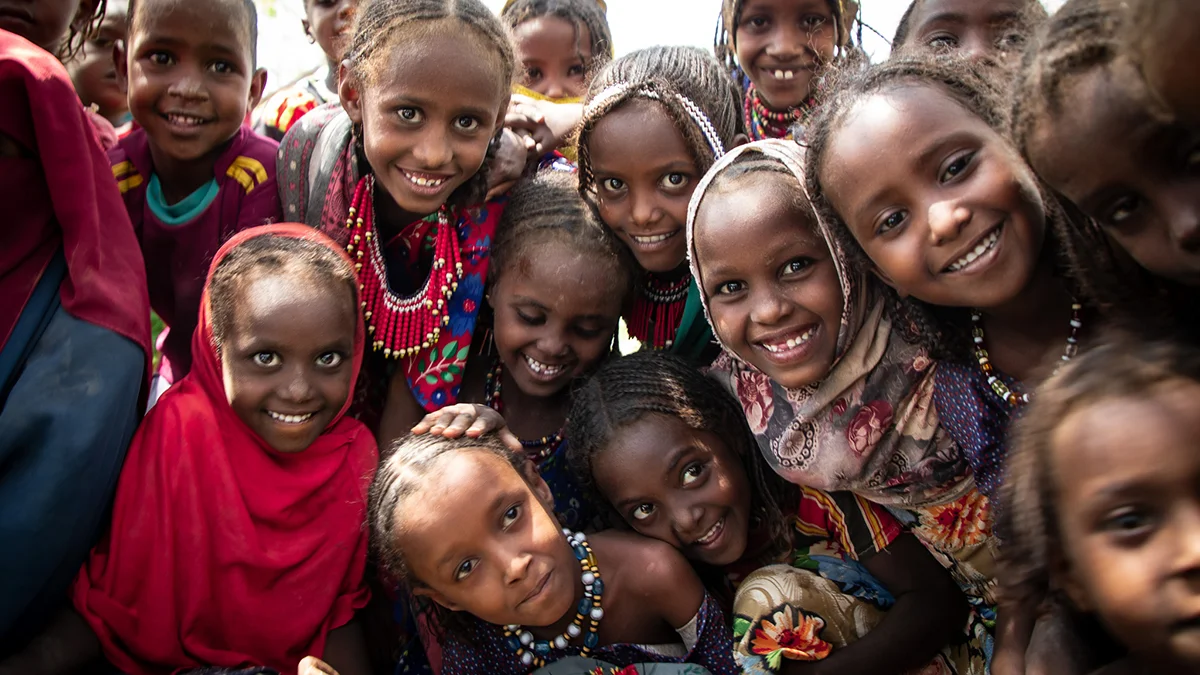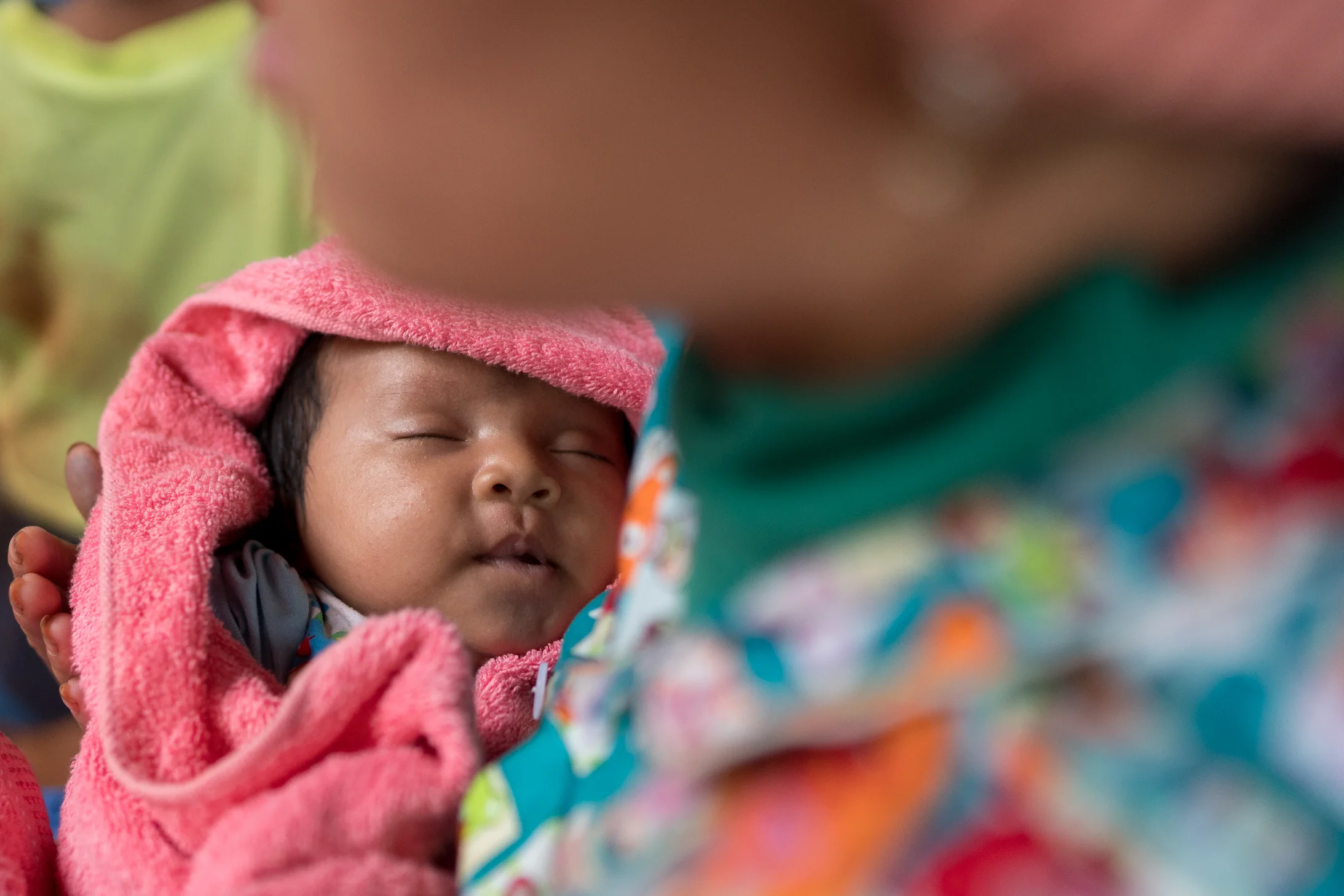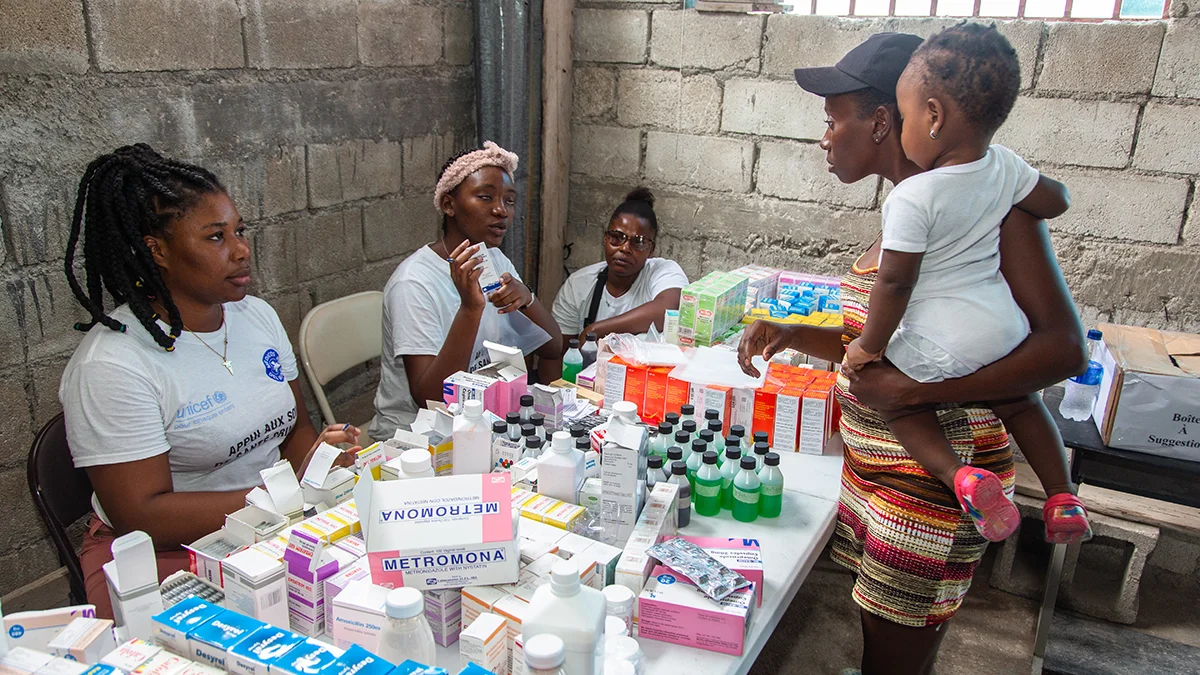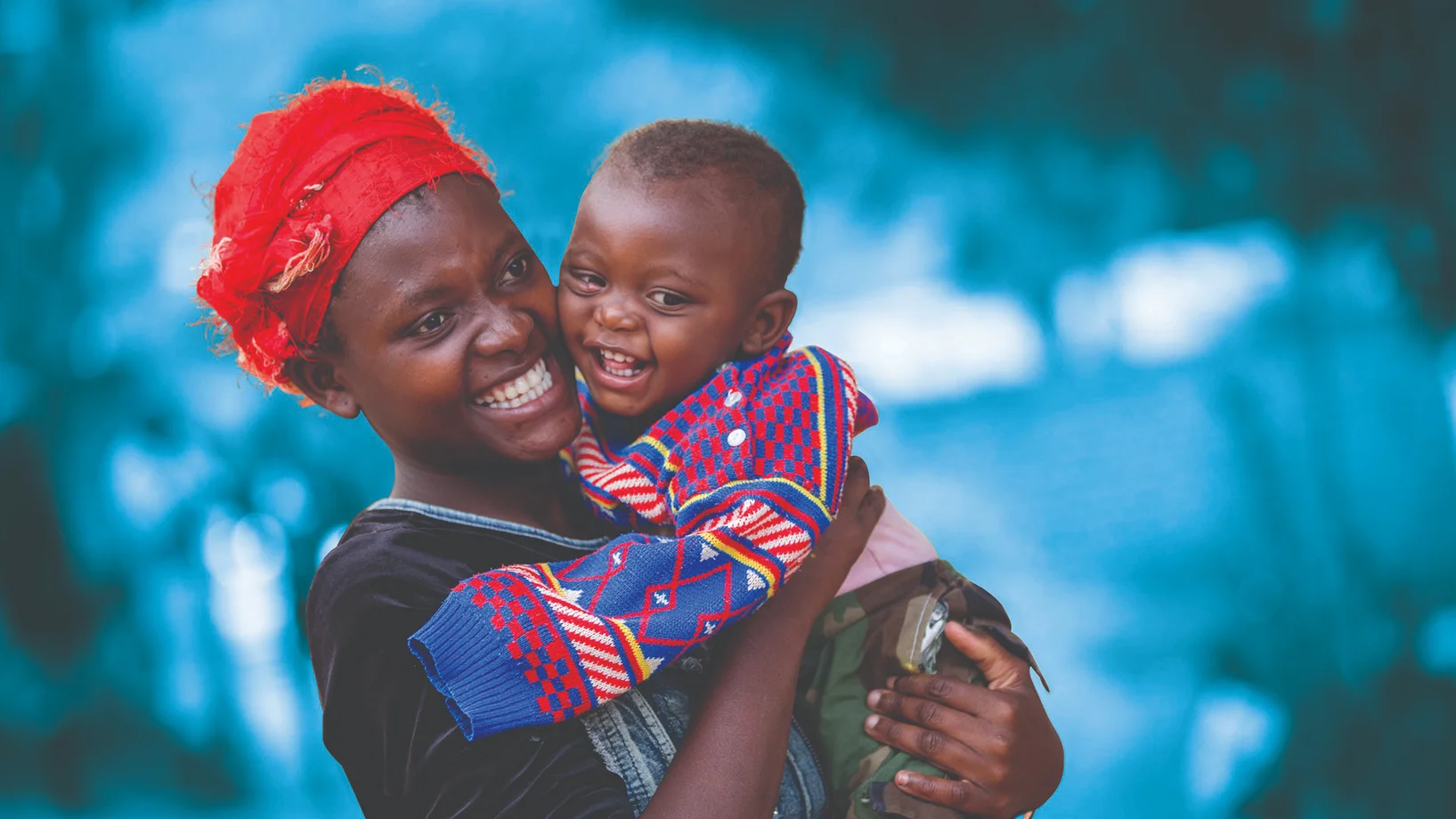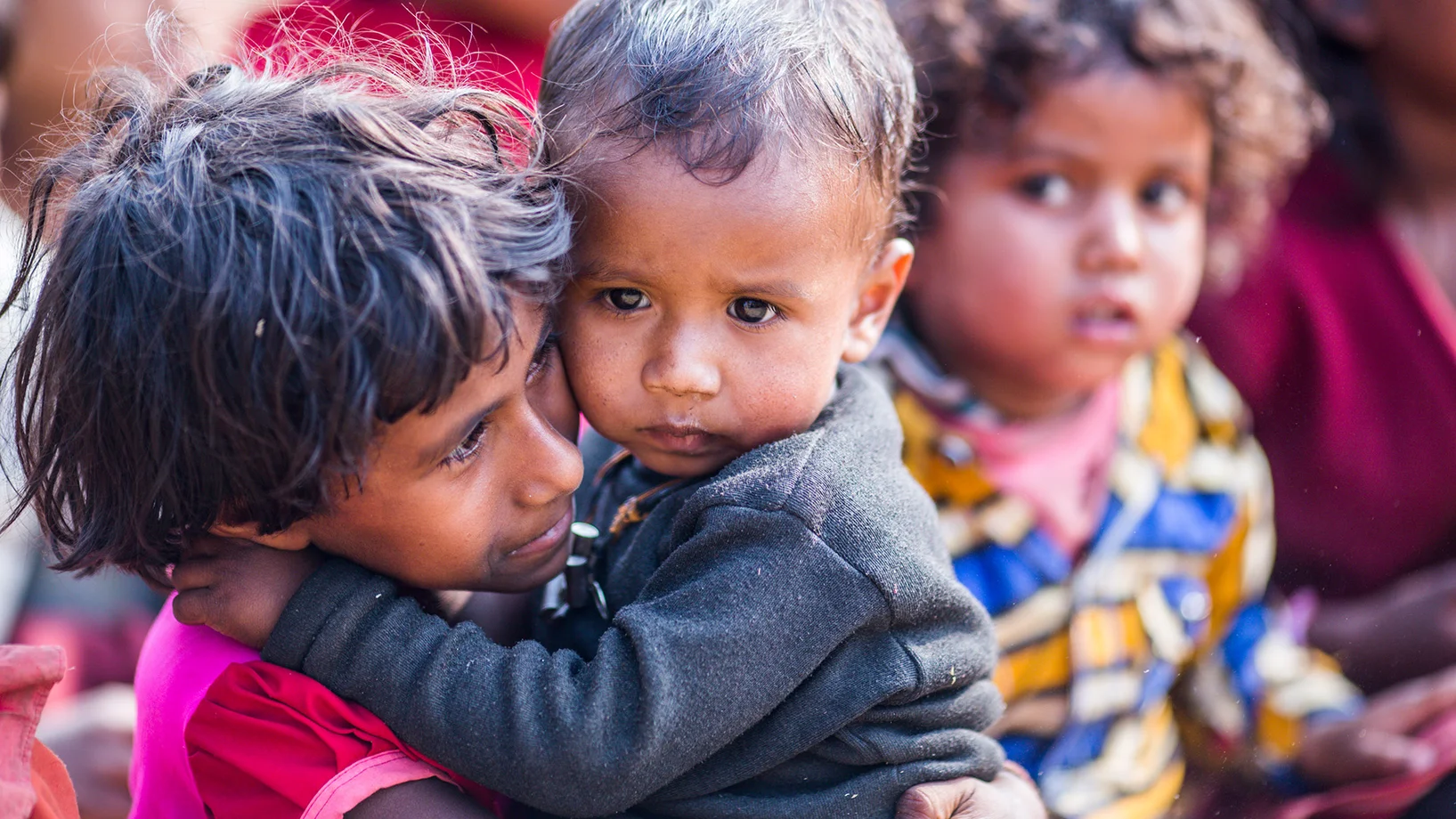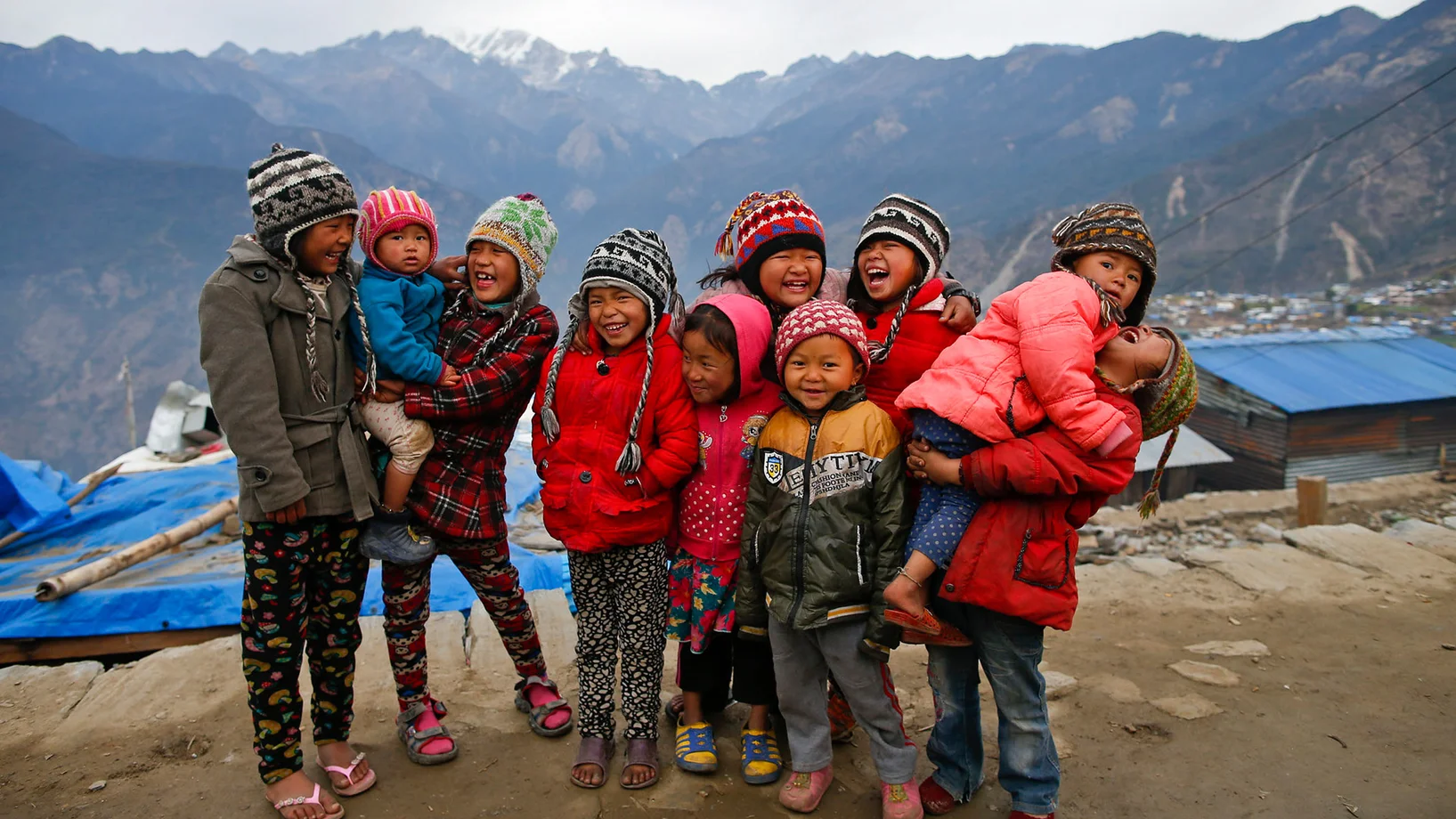Thanks to you, we were able to write many small and big success stories this past year. We would like to share some of them with you.
In these times, your help is especially critical: conflicts, climate change and economic uncertainties threaten the lives of millions of children around the world. These challenges also jeopardize the achievement of the 17 Sustainable Development Goals (SDGs), which are meant to dramatically improve the lives of all people by 2030.
In spite of these crises, UNICEF, with your help, is not giving up. We firmly believe that a better and more peaceful world is possible. For this, a holistic approach that combats the causes of crises is needed. And in particular people like you, who act courageously and decisively. Many thanks for joining us in our efforts to create a better world. For every child.
In 2023, for example, your support allowed us to provide:
children
children
in 107 countries
Your donation makes a long-term difference. Here are four examples:
The five strengths of UNICEF. Thanks to non-specific donations.
UNICEF is very proud of its experts, who have in-depth knowledge and extensive networks of trusted contacts. UNICEF appreciates the trust placed in its staff by donors, governments and partners, and of course by children and their families. Your donation allows us to fund these specialized staff members, who contribute their expertise to our programs in order to make them more effective and sustainable.
Non-specific donations mean we can continue to drive innovation. UNICEF implements scalable measures in more than 190 countries, adapting them to each country’s precise needs. If they are successful, we can roll them out in additional countries and further optimize them on both a regional and a global level.
UNICEF drives progress through investment in research and development. Our Innocenti research center in Florence, Italy, allows us to plan far into the future. Data on children’s wellbeing from nearly every country in the world feeds into this important work. It is only through this that we are able to develop innovative and sustainable solutions thanks to the vast knowledge gained from over 75 years of experience.
Children are at the heart of UNICEF’s work: We work to ensure their survival, defend their rights and help them achieve their full potential, from early childhood through to adolescence. At every stage of their growth, we ensure that they grow up healthy, protected and able to go to school. Non-specific donations allow us to stay on the ground for the long term, no matter what happens.
In a crisis situation, every second is critical. UNICEF teams can respond especially quickly on the ground because we are already in the country before a disaster strikes and thus benefit from the skills, equipment and relationships already in place. This allows us to provide immediate aid in the event of a disaster without the need for lengthy travel. Children’s suffering does not end once a crisis is over and media attention subsides. UNICEF is there to help with reconstruction. The long-term support of our donors allows us to stay on the ground for as long as children need us.
